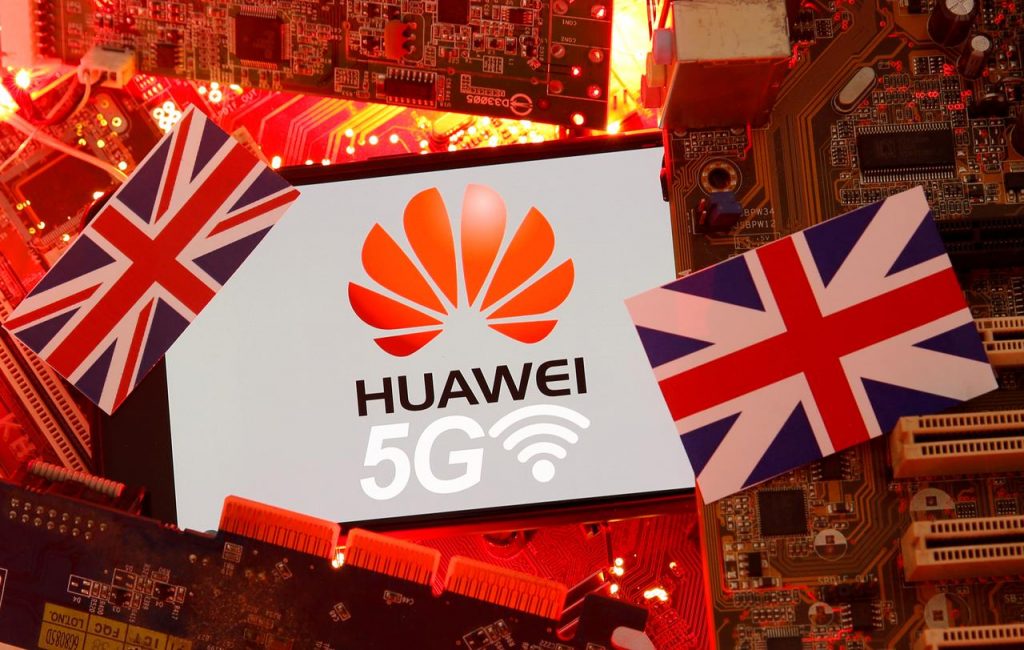– Prime Minister Boris Johnson on Tuesday defeated his first party rebellion over a government decision to allow China’s Huawei [HWT.UL] to have a role in building Britain’s 5G phone network.
Huawei, the world’s biggest producer of telecoms equipment, has been caught in a stand-off between Washington and Beijing after the United States accused it of spying on Western secrets, allegations which the company has denied.
Britain decided in January to allow Huawei into what the government said were non-sensitive parts of the country’s 5G network, capping its involvement at 35%.
This angered the United States, which wants to exclude Huawei from the West’s next-generation communications systems and has urged Britain to rethink.
Some senior Conservatives shared the U.S. unhappiness. They wanted Huawei eliminated entirely from Britain’s 5G networks by the end of December 2022.
The government tried to placate the rebels by saying it would work towards increasing the supply of 5G telecoms gear so operators would not need to use Huawei, but it refused to commit to any timetable to ban the Chinese company.
It was not enough, however, and the rebels pushed their plan to a vote.
The government, which has an 80 seat majority, won by 24.
Digital Infrastructure Minister Matt Warman said the government had “heard loud and clear the points made on all sides of the house”.
Bob Seely, one of the rebels, signalled the group would continue to pursue their cause, describing the vote as “a strong first showing” in a posting on Twitter.
Source: Reuters



